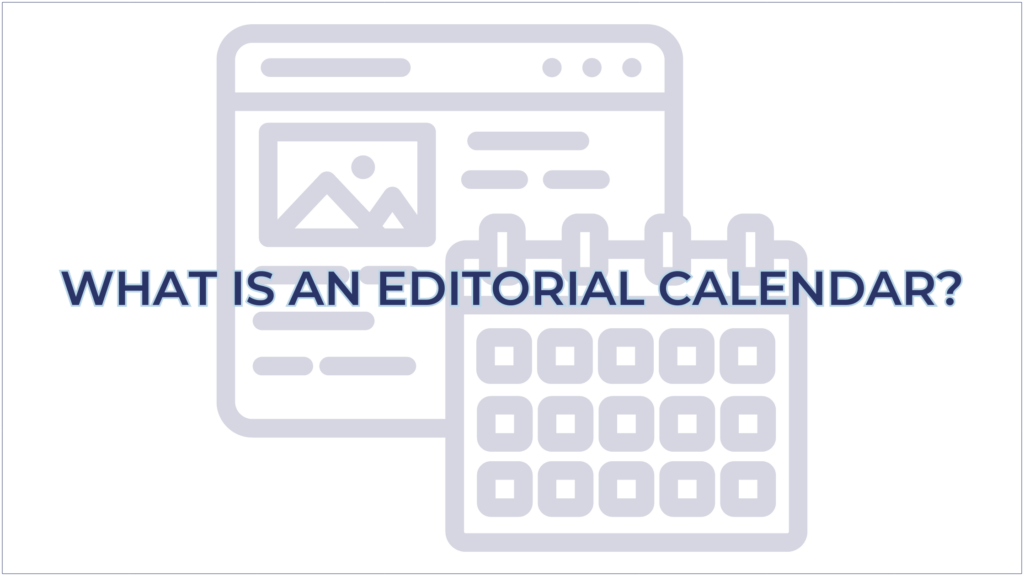
What is an Editorial Calendar?
An Editorial Calendar is a tool for planning, organizing, and scheduling content production and publication over a specific period. It serves as a roadmap for your marketing de contenu efforts, ensuring that all content is aligned with your marketing goals, audience needs, and seasonal trends. An editorial calendar typically includes details such as content topics, publication dates, assigned authors, content formats, and distribution channels.
Editorial calendars are essential for maintaining consistency in your marketing de contenu strategy and for coordinating the efforts of your content creation team. Whether you’re managing a blog, a social media strategy, or a broader content marketing campaign, an editorial calendar helps you stay organized and on track.
Key elements of an editorial calendar include:
- Content Topics: The specific subjects or themes that each piece of content will cover.
- Publication Dates: The dates on which each piece of content will be published.
- Content Formats: The format of the content (e.g., blog posts, videos, infographics, podcasts).
- Assigned Authors or Creators: The individuals or teams responsible for creating and publishing the content.
- Distribution Channels: The platforms where the content will be shared (e.g., website, social media, email).
Why is an Editorial Calendar Important?
An editorial calendar is a critical tool for content marketing for several reasons:
- Consistency and Timeliness: An editorial calendar ensures that your content is published consistently and on schedule. Consistency is key to building a loyal audience and maintaining engagement. According to a study by HubSpot, businesses that publish content consistently are 13 times more likely to see positive ROI. An editorial calendar helps you avoid gaps in your content schedule and ensures that your audience knows when to expect new content.
- Strategic Alignment: An editorial calendar allows you to plan content that aligns with your broader marketing goals, such as product launches, seasonal promotions, or industry events. By strategically planning your content, you can ensure that it supports your business objectives and resonates with your target audience at the right time.
- Improved Collaboration: For teams with multiple contributors, an editorial calendar facilitates better collaboration by providing a clear overview of who is responsible for each piece of content and when it’s due. This transparency helps prevent missed deadlines and ensures that everyone is working towards the same goals.
- Resource Management: An editorial calendar helps you allocate resources more effectively by planning content production in advance. This allows you to manage your content creation workload, avoid last-minute scrambles, and ensure that you have the necessary resources to produce high-quality content.
- Content Gaps Identification: An editorial calendar helps you identify gaps in your stratégie de contenu, such as underrepresented topics or content types. By reviewing your calendar regularly, you can adjust your content plan to ensure comprehensive coverage of all relevant topics and to meet the evolving needs of your audience.
- Flexibility and Adaptation: While an editorial calendar provides structure, it also allows for flexibility. If new opportunities or trends arise, you can adjust your calendar to accommodate new content ideas or shift priorities. This adaptability ensures that your content strategy remains relevant and responsive to changes in your industry or market.
Working with a Content Agency on an Editorial Calendar
UN agence de contenu can help you develop and manage an editorial calendar that aligns with your marketing goals and content strategy. Agencies bring expertise in content planning, audience analysis, and SEO, ensuring that your editorial calendar maximizes the impact of your content efforts.
By partnering with a content agency, you can ensure that your editorial calendar is not only well-organized but also strategically aligned with your business objectives, leading to more effective and efficient content marketing.
